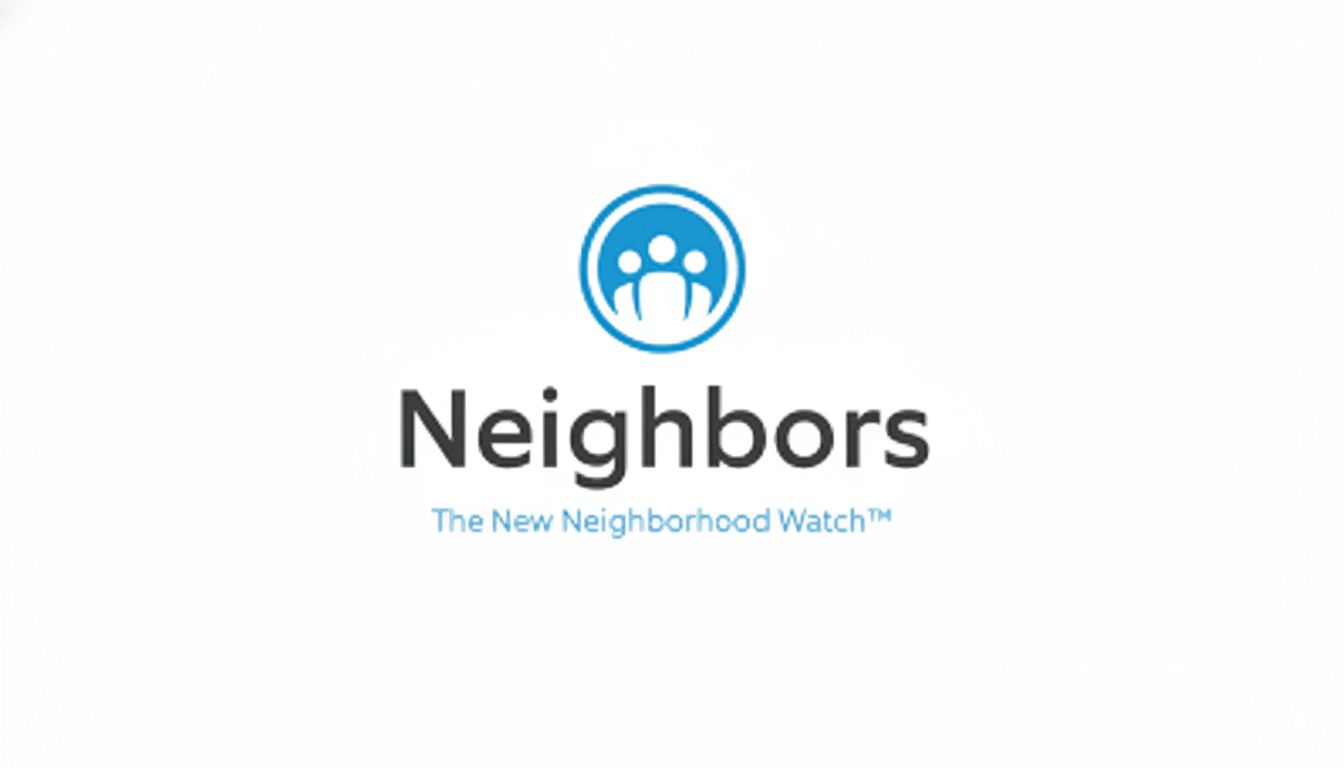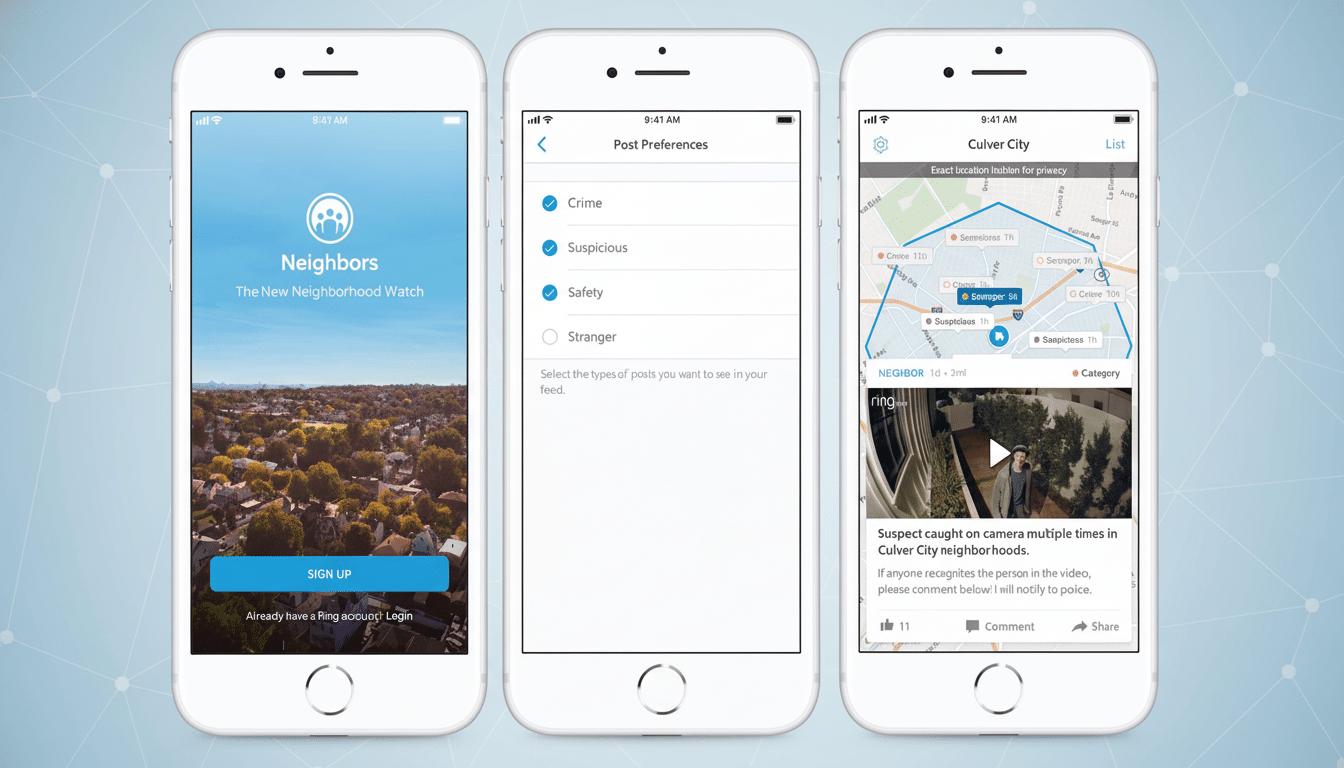Amazon-owned Ring is once again encouraging home camera customers to help with investigations, this time through a new integration with Flock Safety. The partnership enables police to post hyper-specific “Community Requests” for video clips from nearby Ring users within the company’s Neighbors app, resuscitating a law-enforcement pipeline that Ring had previously scaled back after years of criticism.
What the new Ring-Flock alliance allows for police
Through the partnership, agencies using Flock’s software can request that requests be broadcast using a location, time stamp and type of incident. Ring says participation is voluntary; you can disregard or turn these notifications off, and authorities will not get to see who responded and didn’t. The company also contends that it restricts requests to cases in which a crime has already been reported and channeled through FlockOS and Flock Nova, the company’s evidence and analytics plugins.

Flock Safety’s AI-enhanced license plate readers and fixed cameras are best known for being used by thousands of departments across the country. Its systems are frequently billed as force multipliers for investigations of burglary, vehicle theft and gun crime. By accessing Ring’s enormous residential network, agencies can use a new method of material collection beyond city-owned cameras to build a timeline that tracks people coming and going from a crime scene in real time.
Why privacy advocates are worried about the tie-up
The integration comes as Flock faces increased scrutiny of its spread. A letter issued by Sen. Ron Wyden described how a division of Immigration and Customs Enforcement, in concert with the Secret Service and the Naval Criminal Investigative Service, had tapped into Flock’s nationwide network of cameras — such that ICE performed almost 200 searches. Civil liberties groups say weaving private home cameras into that ecosystem risks normalizing mass surveillance with minimal oversight.
Organizations like the Electronic Frontier Foundation and the ACLU caution that “voluntary” programs can still facilitate dragnet-style data collection, particularly when requests cluster in a focus area or people within a community feel socially compelled to participate. They also highlight accuracy and bias issues associated with automated systems: the risks of misidentifications and disproportionate impacts on communities of color are well documented where there have been large networks of cameras, as well as analytics.
There’s also the question of emergency disclosures. Amazon told senators it had sent them Ring footage 11 times in a single year when no crime was involved and without user consent to what the company believed were life-threatening emergencies. Though the company’s position is that Community Requests are optional and circumscribed, critics worry parallel avenues can wear down practical boundaries of access over time.
A return to a familiar fault line for Ring
Ring’s entanglements with law enforcement have been a moving target. The company had previously allowed police to post appeals for help directly in Neighbors through a feature it calls Request for Assistance, which it eventually phased out in response to criticism about misuse and reports of racial profiling taking place within the app’s discussions. This new pathway through Flock effectively opens up a channel — but an indirect one, with agencies able to generate requests around specific cases that show up in the same community feed where neighbors post alerts.

The deal also comes on the heels of another partnership with Axon, a leading maker of police body cameras and a digital evidence platform. Together, those partnerships send a message: Do everything it can to keep Ring out of the business of managing police accounts itself — while ensuring that home security ecosystems work with the tools investigators already use to gather, triage, and store evidence.
What Ring owners should consider before opting in
For users, the practical queries are simple: Do you want to know when police are seeking video near your address and under what circumstances will you share? You should review your Neighbors settings to manage Community Requests, and establish some personal rules to ensure that you don’t become a community leader who’s available for answering requests 24/7 — maybe only taking requests with a tight time frame, or where an incident is exactly described.
Also think bigger about your data posture. Ring does offer optional end-to-end encryption on certain devices that will restrict who has access to the stored footage, but turn it on and you’ll lose some of the cloud-powered features. If you are not interested in keeping an archive of the archive, tweak the retention periods and delete clips from time to time. Awareness counts: Flock says license plate data collected from its systems is stored for 30 days as a default, a reminder of how quickly all sorts of investigative databases can pile up out of your reach.
The stakes for local surveillance as networks merge
The partnership’s defenders will cite speedier resolution and community engagement. But the trade-offs are real: As private and public camera networks merge, they decrease the threshold for routinely collecting video data, frequently with lagging governance over capability. Cities are still coming up with regulations about how long footage can be stored, who can request a search and how to audit its use. In the absence of robust guardrails and transparency, it becomes easy to let the convenience of sharing footage spread silently into a default assumption.
Ring’s Flock integration is couched as a neighborly tool to catch criminals. It also underscores the most recent move in a larger shift toward privatized surveillance infrastructure, through which tech platforms can make decisions that reshape on-the-ground policing at warp speed, far faster than regulation can keep pace. Users may like the option — but they deserve explicit, public guardrails that ensure that saying yes is genuinely informed.

